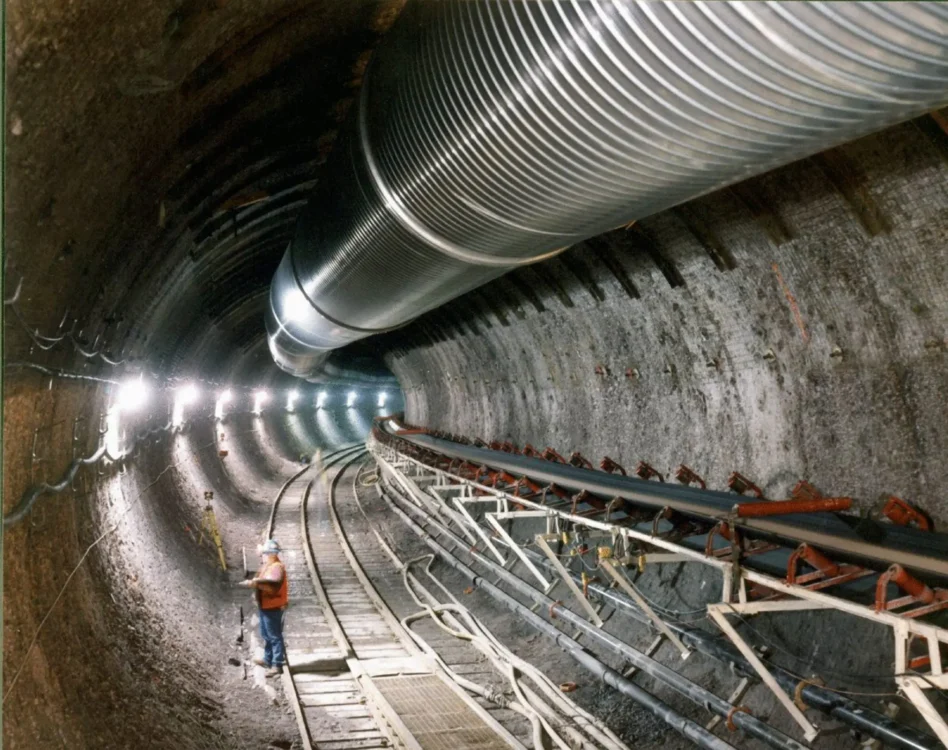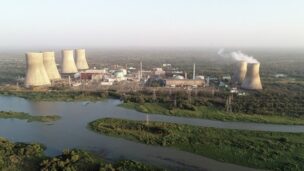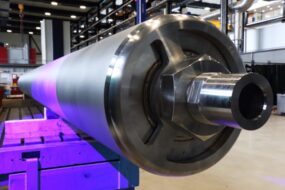The US House of Representatives’ Energy, Climate, and Grid Security subcommittee held a hearing yesterday to boost efforts to handle spent nuclear fuel, and some researchers are sounding the alarm on the risks of waste mismanagement amid an impending US nuclear revival.
- Spent fuel can overheat and burn in a storage pool if coolant water is lost, and the risks of improper storage may increase as US cooling pools become more crowded.
- The amount of spent nuclear fuel stored at nuclear power plants around the country is growing by about 2,000 metric tons per year.
Officials discussed how the government can support the disposal of spent nuclear fuel while reducing costs to taxpayers and ratepayers. They also noted spent nuclear fuel’s potential to power an incoming fleet of SMRs and advanced reactors—that is, if hyped-up recycling technologies pan out.
“Spent nuclear fuel in the United States also provides an opportunity to be an asset as we deploy advanced nuclear technologies,” said House Energy and Commerce Energy, Climate, and Grid Security Subcommittee Chair Jeff Duncan (R-SC) during the hearing.
Yucca Mountain lags on: At the hearing, officials lamented the Yucca Mountain permanent repository’s failure to launch. The 1982 Nuclear Waste Policy Act dictated the federal government’s responsibility to dispose of all high-level radioactive waste, leading to the proposed Yucca Mountain project in southern Nevada, which could store more than 70,000 metric tons of high-level waste. The project remains in limbo after decades of delays due to logistical challenges and opposition from the public, Nevada officials, and the Western Shoshone people.
“To secure American nuclear leadership, we must continue the Committee’s work to update the law and build state support for a permanent repository at Yucca Mountain,” said House Energy and Commerce Committee Chair Cathy McMorris Rodgers (R-WA) during the hearing.
The struggle to store: Ratepayers across the US have forked over nearly $50B to get Yucca Mountain off the ground. Meanwhile, private storage projects have also run into obstacles.
- Holtec International was eyeing a site in southeastern New Mexico to build a temporary underground storage site for used fuel and high-level radioactive waste from around the country. But last week, a federal appeals court nullified the company’s license to store commercial nuclear waste there.
- Last August, an appeals court scrapped the license for Interim Storage Partners’ temporary storage facility in western Texas. Opponents have argued that building the facility in one of the country’s biggest oil basins is too risky.
Reuse and recycle: The hearing also delved into reprocessing and recycling technologies from companies like Oklo Inc., Curio, and SHINE Technologies. Oklo, for example, is working on a first-of-its-kind nuclear fuel recycling facility to create more fuel via electrorefining. And Curio, which received federal assistance last March, is developing a recycling process that wields electrolysis to create new fuel.
Duncan noted that the House recently passed the Atomic Energy Advancement Act, which aims to streamline processes for approving new reactor designs and offer financial prizes for novel reactor types. He also emphasized that the US needs to prioritize proper waste management.
“Responsible and effective spent nuclear fuel management is a critical part of this equation,” he said during the hearing. “It can help foster nuclear expansion in the United States.”




